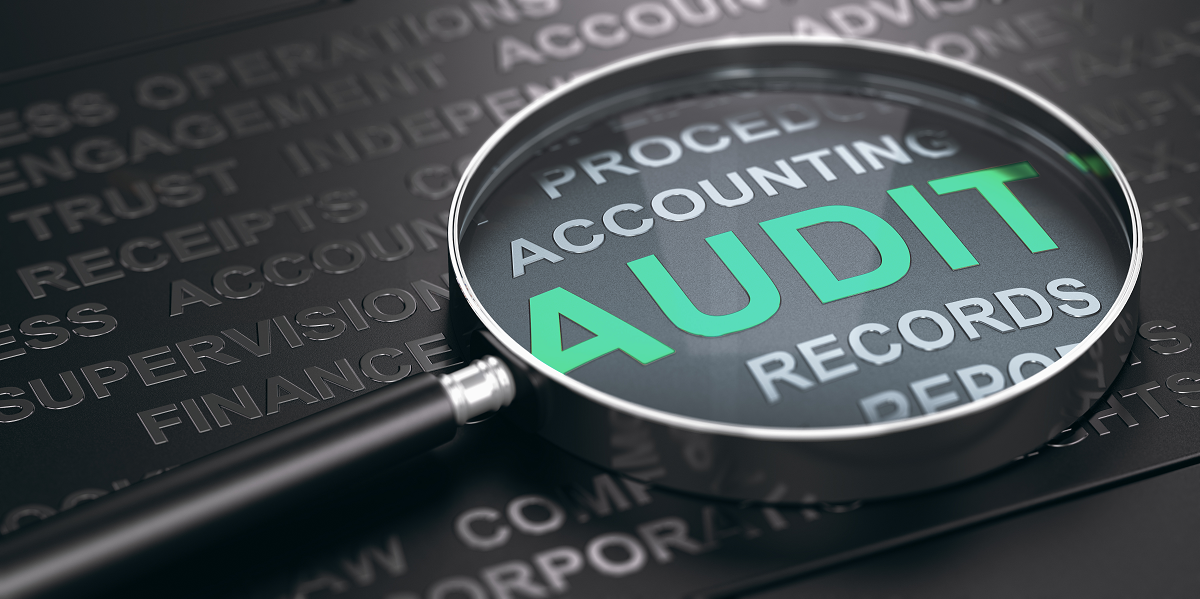
By Graeme Colley
Executive Manager, SMSF Technical & Private Wealth

SMSFs are personal superannuation funds where the members are also the trustees. The trustees decide on the fund’s investments and how the fund should operate. They also need to make sure the superannuation rules are complied with for contributions, making investments and paying any benefits.
All funds are required to be audited annually, whether they are large or small. The audit provides an independent opinion on whether the fund’s records are kept correctly and maintained solely for members’ benefit. An audit may not sound appealing to many, but it plays an essential role in ensuring that the fund complies with the superannuation legislation and avoids paying tax unnecessarily. So audits do have a valid role to play for SMSFs and the trustees.
The superannuation legislation requires the trustee of an SMSF to appoint an auditor to report on the fund’s operations for the financial year. The appointment must be made 45 days prior to the time the fund is required to lodge its annual return. Any request for information by the auditor to the trustee is required to be provided to the auditor within 14 days. Trustees that don’t comply with the auditor’s request for information may be penalised.
The report provided by the auditor is required to relate to the fund accounts for the tax year, and they comply with the auditor’s independence requirements. SMSF auditors must be registered, undertake professional development, have professional indemnity insurance and comply with the auditor independence requirements.
Each financial year an SMSF must lodge an Annual Return which includes a regulatory and tax return for the fund as well as details of contributions received from members and their balance in the fund. If these details are not completed, including auditor details, the ATO will reject lodgement of the fund’s return for the year.
One consequence of not lodging a correctly completed return for the fund is that the regulation details can be removed from the ATO’s Super Fund lookup. This can have a wide-reaching impact when the SMSF may wish to make a new investment, as the compliance status of the fund can be an important part of the fund being able to make the investment.
The ongoing failure to lodge returns can mean disqualification of trustees, imposed penalties and the fund receiving a non-complying status. This can result in tax deductions for contributions being disallowed, the fund’s income taxed at 45% and loss of other concessions.
To summarise, an audit of a superannuation fund is an integral part of the fund’s compliance with the superannuation law. It is also crucial if the fund members wish to get tax concessions on contributions they make to the fund, the income on fund investments, and the payment of lump sums or benefits.
Having an audit of a superannuation fund forms an integral part of the fund’s compliance with the superannuation law. However, it also important for tax concessions on contributions, the income on fund investments and the payment of lump sums or pensions that they receive.
.png?sfvrsn=f5af2bc0_0)
For fortnightly insights, follow our podcast SMSF Adventures with SuperConcepts hosted by Jessica Griffith as she speaks to some of the greatest minds in the industry, to deliver the information that matters.
Follow the show on Spotify or Apple Podcast.
To learn more about how our range of SMSF services phone us on 1300 023 170 or request a call back.
Alternatively click through to view our range of services for trustees, accountants and advisers.